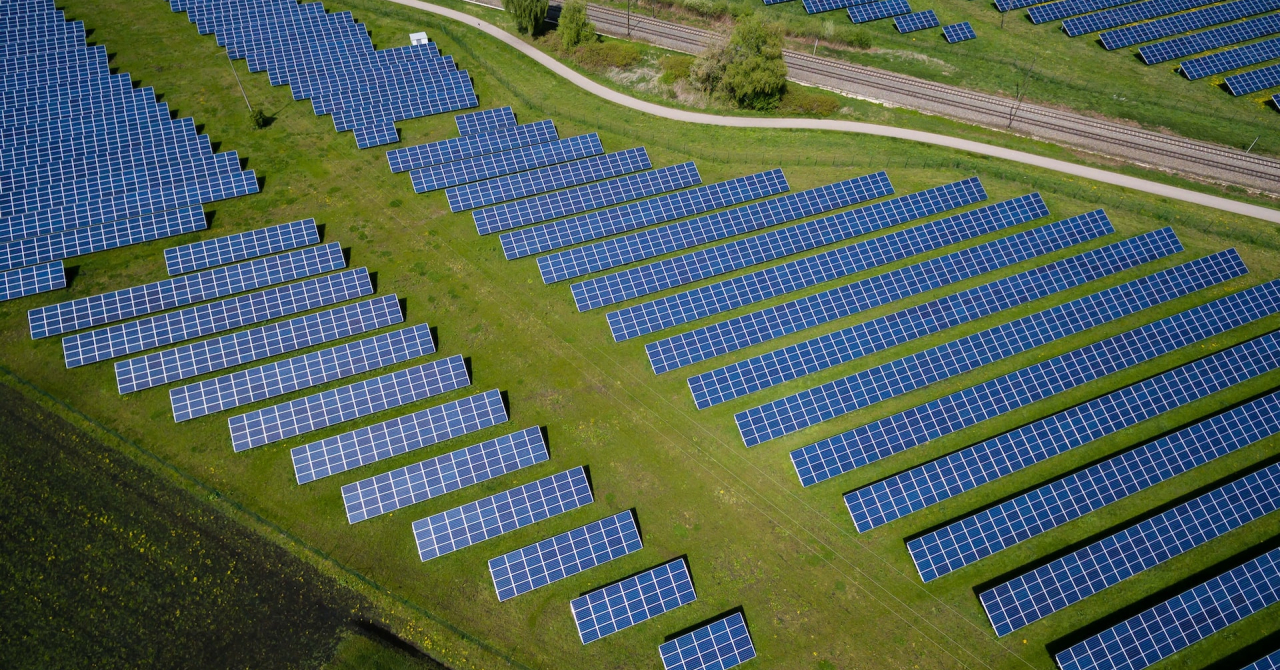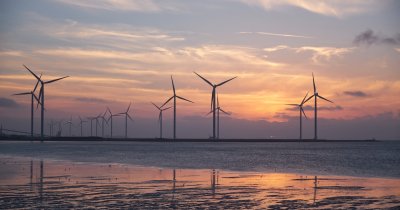According to Euronews.green, the whole EU bloc hopes to achieve 82% green energy supply by 2030, while some member countries are pushing further to a complete green power system by the end of this decade.
Portugal is one of the countries that announced since the beginning of the year that it will accelerate its energy transition and wants renewables to supply the country with 80% of its required power by 2026.
Currently, Portugal gets 60% of its necessary energy from clean sources, which is one of the highest shares on the continent.
Since 2021, it's one of the coal-free countries after shutting down its last coal plant.
Portuguese electricity supplier EDP (Energias de Portugal) wants to supply the country exclusively with renewable power by the end of this decade, which means that the Iberian country could have a fossil free power system by 2030.
In Austria, authorities hope that renewables will take over the public energy system, as a 260 million euro investment could make one million roofs in the country energy producers.
Hydro and wind-derived electricity should also increase production and officials will make sure that renewables are expanding on a yearly basis every year with one billion euro investments by the end of this decade.
Netherlands is another European country invested in green power, specifically wind energy, as by 2050, the nation hopes to have 150 GW of turbine capacity installed.
If they manage to achieve this, around 230 million European households could be powered by wind energy.
Following the events taking place in Eastern Europe, the country had to resort to using coal power this year in order to avoid a shortage in power delivery.
Authorities from the Netherlands still aim for complete carbon-free electricity by 2030, but that doesn't mean that they'll only use renewables to achieve this, as nuclear power is another example of an energy resource that doesn't release carbon dioxide, so it's still considered clean.
Denmark is another example of a country in the EU that wants to cut back entirely on gas usage and replace it with solar and wind power, which could help the country become an energy exporter, as well.
Denmark officials hope that the country will be supplying itself only with renewable power by 2030.
 Mihai - Cristian Ioniță
Mihai - Cristian Ioniță












Any thoughts?